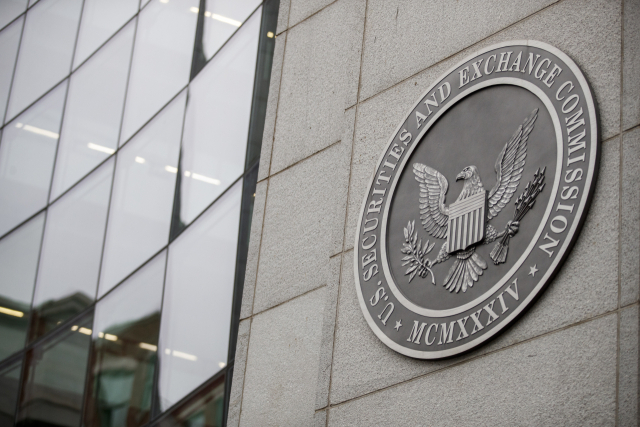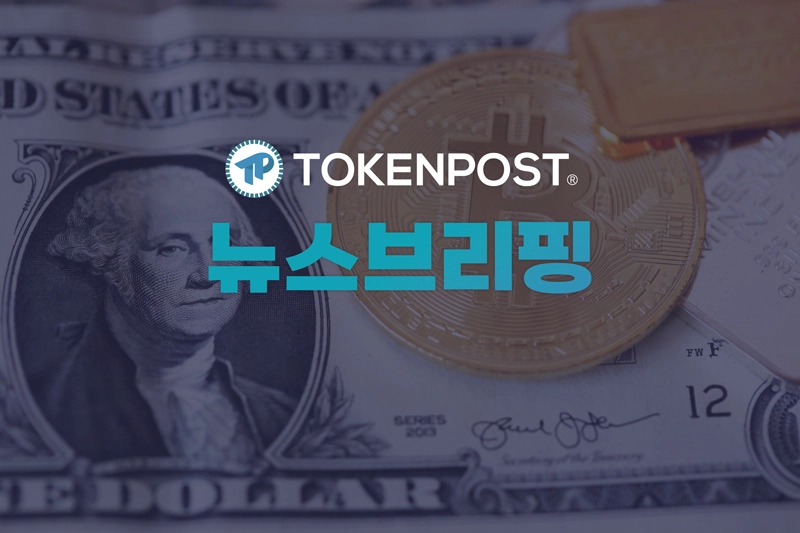
The U.S. Securities and Exchange Commission (SEC) is accelerating its cryptocurrency industry promotion policy by making a 180-degree turn towards a pro-cryptocurrency stance. In contrast, there are concerns that South Korea essentially lacks a control tower for cryptocurrency policy.
According to the SEC on the 4th, the SEC's cryptocurrency task force plans to hold a 'Crypto TF on the Road' roundtable meeting in major U.S. cities from this month to December. As a follow-up to the recently declared 'Project Crypto', the purpose is to directly listen to regulatory opinions from local industry sites. The SEC particularly encouraged participation from early cryptocurrency project stakeholders with fewer than 10 employees and less than two years of establishment, clearly demonstrating its intention to reflect the on-site voices of startups in its policies.
Related Articles
- Busy U.S. Authorities... CFTC and SEC 'Project Crypto' in Operation
- Changed U.S. SEC "Most Cryptocurrencies Are Not Securities"... ICO Fever Returning?
- U.S. Stock Market and Cryptocurrencies Collectively Decline... SEC Declares 'Project Crypto' [Decenter Market Conditions]
- U.S. SEC Relaxes Cryptocurrency ETF Regulations... Allows Physical Redemption [Decenter Market Conditions]
Hester Peirce, the SEC Commissioner leading the cryptocurrency task force, said, "We want to hear from those who could not voice their opinions in the existing policy-making process" and "The cryptocurrency task force deeply recognizes that any regulatory framework can have a broad impact and aims to gather as wide-ranging opinions as possible".
The industry welcomes this move by the SEC as a "Big Bang of U.S. cryptocurrency regulation". Previously, the SEC had been imposing strict regulations by suing major cryptocurrency companies like Ripple and Coinbase for unregistered securities issuance and sales. In particular, the former chairman, Gary Gensler, maintained the stance that most cryptocurrencies, including ETH, are securities, even earning the nickname "cryptocurrency grim reaper" in the industry.
This regulatory stance also led to jurisdictional conflicts with the Commodity Futures Trading Commission (CFTC). In the U.S., the SEC and CFTC manage and supervise securities and commodities respectively, but due to the lack of a clear interpretation of whether cryptocurrencies are securities or commodities, both sides have been in conflict over regulatory authority for years. However, with the recently passed Clarity Act defining most cryptocurrencies as commodities and granting regulatory jurisdiction to the CFTC, the jurisdictional conflict has begun to be resolved. The White House also recently suggested in a cryptocurrency report that the CFTC would be the primary agency, and with the pro-cryptocurrency Paul Atkins appointed as SEC chairman during the Trump administration, the SEC is also responding to this direction.
With cryptocurrency regulatory jurisdiction becoming clear, positive changes are expected across the U.S. cryptocurrency industry. Companies that were previously at risk of SEC lawsuits due to unclear securities criteria can now expand their businesses more stably in a predictable regulatory environment. Chairman Atkins stated, "We will bring back cryptocurrency companies that left the U.S. due to previous government enforcement or Chokepoint 2.0 pressures" and "The SEC will welcome all market participants hungry for innovation".
In contrast, confusion is increasing in South Korea regarding the control tower for cryptocurrency policy. The Cryptocurrency Committee, newly established as a policy advisory body for financial authorities, was essentially inactive until last month when the ex-officio chairman position at the Financial Services Commission was vacant. Moreover, with the new government's financial authority organizational restructuring delayed, follow-up discussions on the recently proposed cryptocurrency business law have not gained momentum. Representative Min Byung-duk of the Democratic Party, who proposed the Digital Asset Basic Act last month including stablecoin legislation, said at a National Assembly seminar last week, "The financial authorities reported that they would discuss with the member's office at the National Policy Planning Committee, but actually had no consultation" and criticized this as "dereliction of duty by doing nothing under the pretext of caution while a digital asset tsunami is approaching from the U.S.".
The Digital Asset Innovation Act, which Democratic Party lawmakers including Kang Jun-hyun were planning to propose last month, was delayed due to disagreements about the implementation subject. According to the pre-disclosed bill content, the bill included provisions requiring cryptocurrency issuers to submit and receive approval for related white papers from a designated association. An industry insider said, "The bill's proposal is being delayed while reviewing whether the bill excessively grants authority to private associations".
- Reporter Kim Jung-woo
< Copyright ⓒ Decenter, Unauthorized Reproduction and Redistribution Prohibited >







